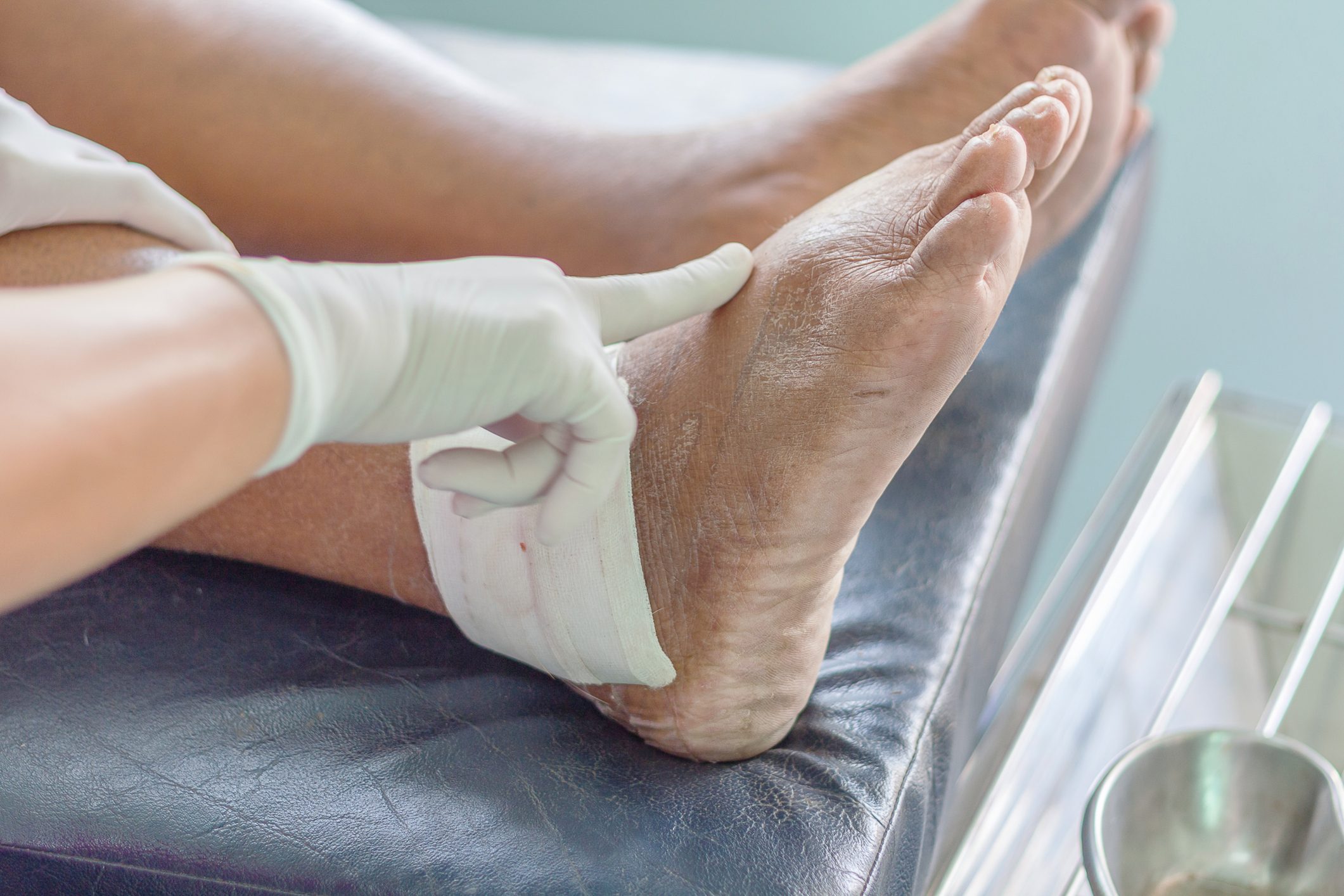How do your genes influence your drinking habits?
Why can some people have a glass of wine with dinner and feel fine the next day, while others can’t stop drinking, then suffer terrible hangovers? Blame your parents. Or your great-great-uncle Eugene. Genetics may play a role in excessive drinking, which is now considered a complex, inherited health problem rather than a bad habit, says Robert Messing, MD, director of the Waggoner Center for Alcohol and Addiction Research at the University of Texas, Austin. Here are the many ways the effects of genetic alcohol use can cause serious physical, psychological and social problems, and what to keep in mind before you have that next drink.

Hangovers
How bad was your last hangover? Clinical research published in 2019 in The Lancet suggests genetic factors account for variations in alcohol use disorders, including frequency and intensity of hangovers (which means if your parents got whopping hangovers, you probably will too). Other studies suggest drinkers are more likely to have vivid memories of their hangovers if they had relatives who battled alcohol dependency. If your hangovers are all too memorable, cut back on drinking rather than trying the “hair of the dog” trick—especially if alcoholism runs in the family. Meanwhile, here’s how to ease your hangover naturally.

Sulfite sensitivity
Sulfites are chemicals naturally occurring in wine, and used in food processing for preservation. Individuals with sulfite sensitivity experience allergic reactions ranging from mild to life-threatening respiratory symptoms, skin rashes and diarrhea. “Wine-induced asthma” occurs after a person with sulfite sensitivity consumes a glass of wine or beer, according to Clinical and Translational Allergy. Research published in 2018 in Allergologie Select suggests about 10 percent of the population is allergic to wine, and if your family members experience respiratory problems after drinking wine, there’s a higher chance you will too.

Age of first drink
Boozing at a young age is associated with what the National Institutes of Alcohol Abuse and Alcoholism calls “alcohol use disorder, which is really code for problem drinking. In other words, a person who begins drinking alcohol at a young age is at higher risk for substance abuse. Genetics play a role here, too. The Journal of Abnormal Psychology studied twins in 2016 and found that early substance use and abuse has a genetic component.

Infertility
If you’re you’re trying to conceive, abstaining from alcohol is a smart move for both parties. Numerous studies have found that sperm quantity and quality weakens with increased alcohol use in men. And one study published in the American Journal on Addictions found that high alcohol consumption—more than six ounces per week—was associated with a significantly increased risk of infertility in women. Bottom line: if you’re trying to start a family, it’s best for both future parents to give up alcohol. Here are some tips on how to cut back on alcohol.

Gout
Gout is a painful inflammation of joints, usually in the feet. Typically, aggravated by high levels of uric acid in the blood, people experiencing gout are advised to follow a low-purine diet (red meat and certain seafood) and avoid alcohol. Dietary changes don’t always reduce uric acid levels in blood, and medication is required. Research published in 2017 in the British Journal of Nutrition implies a genetic link between alcohol intake, gender and uric acid levels in African Americans. Women’s levels of uric acid were associated with alcohol intake. If your family notices gout flare-ups after drinking alcohol, there’s a chance this could affect you as well.

Addiction susceptibility
Is alcoholism inherited? According to Dr. Messing, the answer is yes. “We now think 40-60 percent of risk is genetic, based on twin and family studies,” he says. One comprehensive review article in the journal Alcohol and Alcoholism agrees that there’s substantial evidence for a genetic component to alcoholism, but a specific portion of the gene predicting alcoholism has yet to be identified. While research is emerging, we may soon see a test that could identify people who are at higher or lower risk for alcoholism, according to addiction researcher Alexander B. Niculescu III, MD, associate professor of psychiatry and medical neuroscience at the Indiana University School of Medicine. If you’re trying to stay sober, keep these recovery quotes handy to keep your motivation up.

Depression
Research on addiction and genetics published in 2018 in Psychiatric Genetics suggests that both can play a role in chronic stress and mental health disorders. In other words, a genetic risk for alcoholism can also make you prone to depression, anxiety, and other negative mood states, says Dr. Messing. He notes that people with gene variations that make them prone to addiction may be more likely to respond to medically-assisted treatment, versus behavior change alone. Here’s how to tell if what you’re feeling is depression or just a fleeting case of the blues.

Liver disease
Alcoholic liver disease is a wide spectrum of liver problems including cirrhosis. These issues don’t happen to everyone who drinks heavily, but genetics can play a big role in who will. The medical journal Seminars in Liver Disease reviewed evidence suggesting a possible genetic link responsible for predicting which alcoholics progress to cirrhosis. In short—if you have a relative with alcoholic liver disease, you may be at a higher risk.
